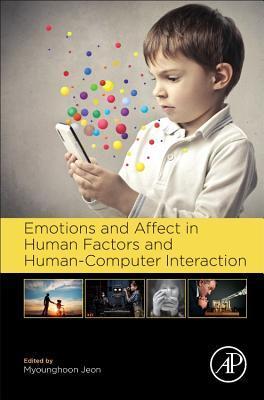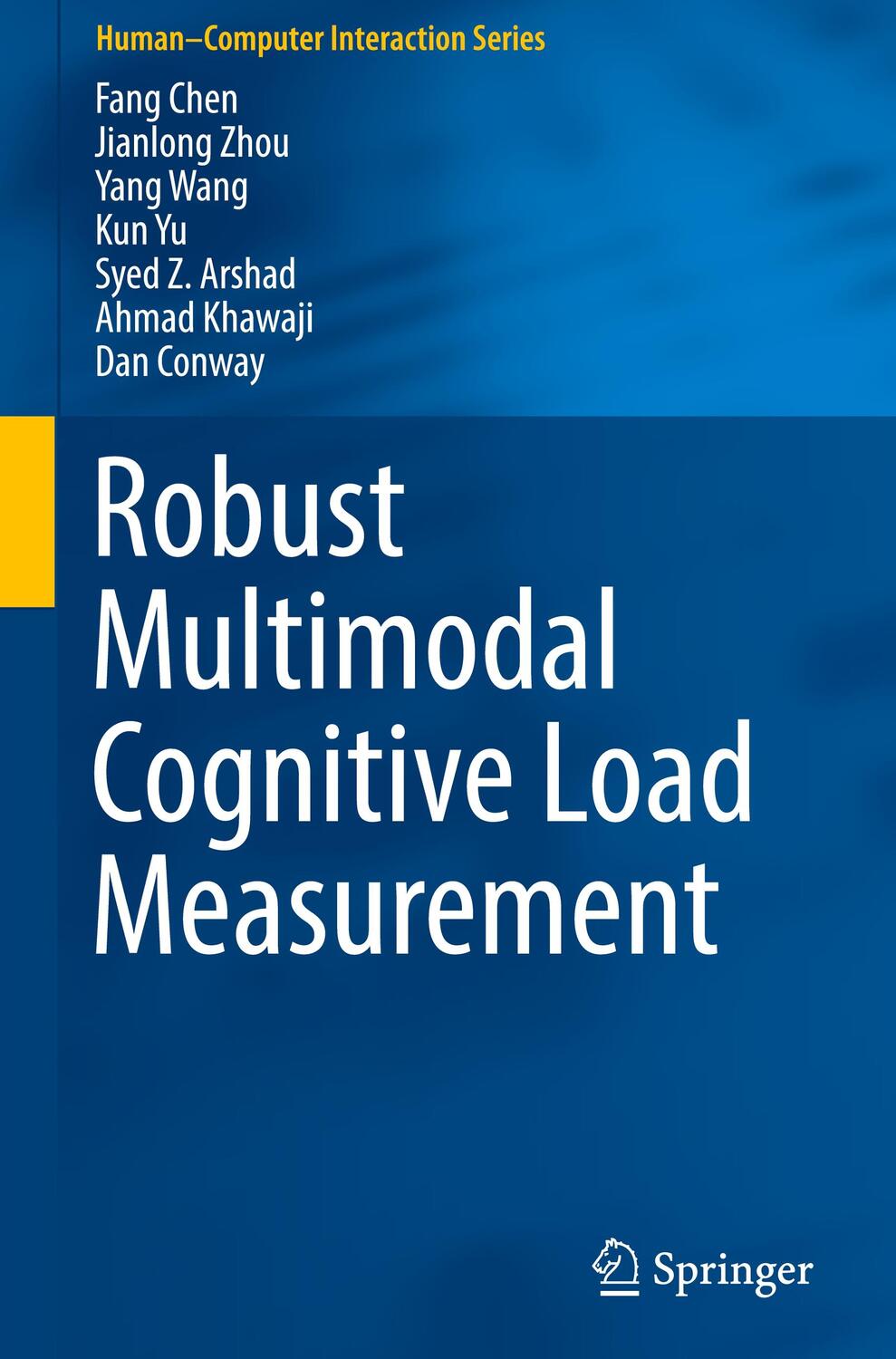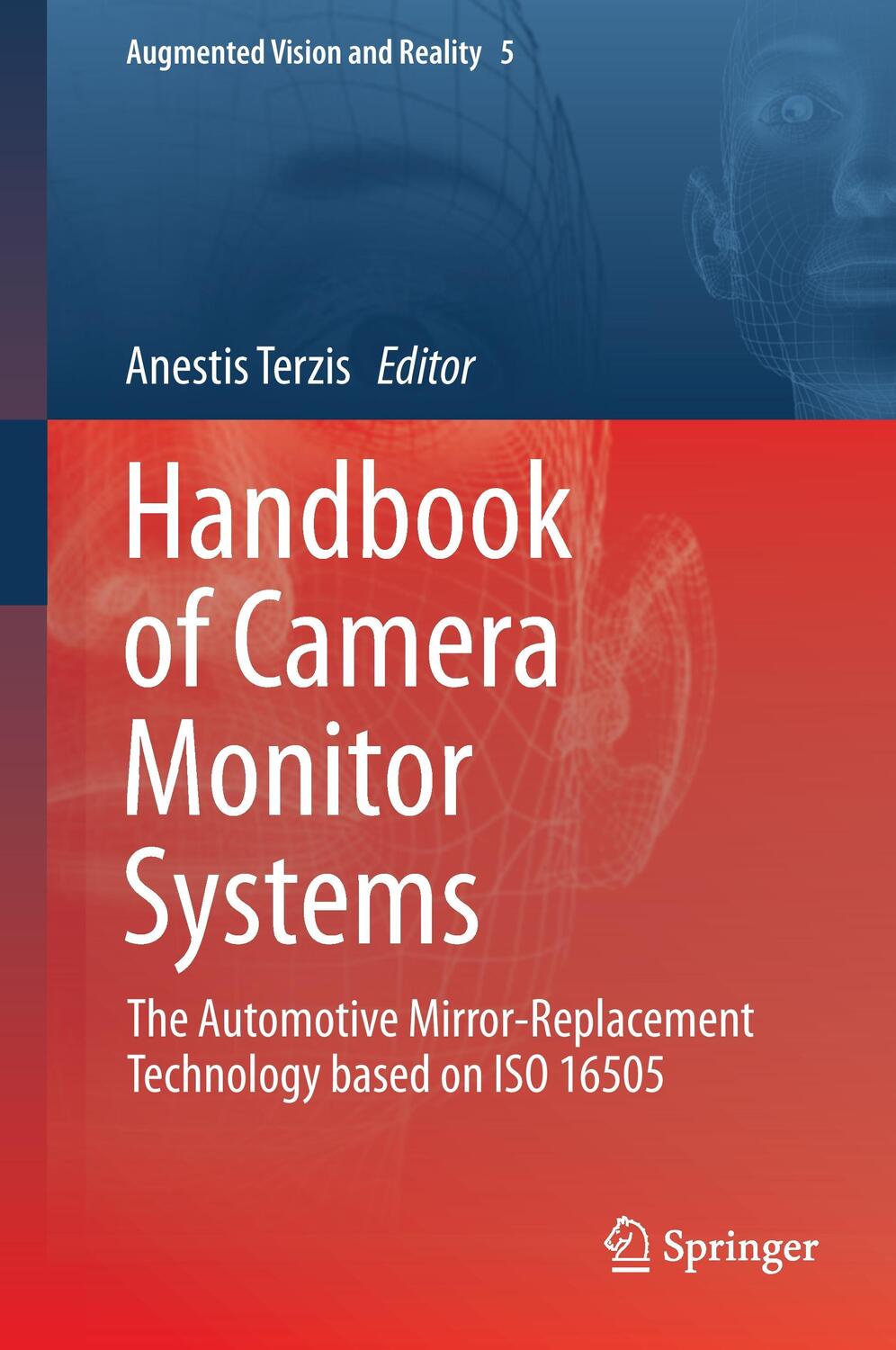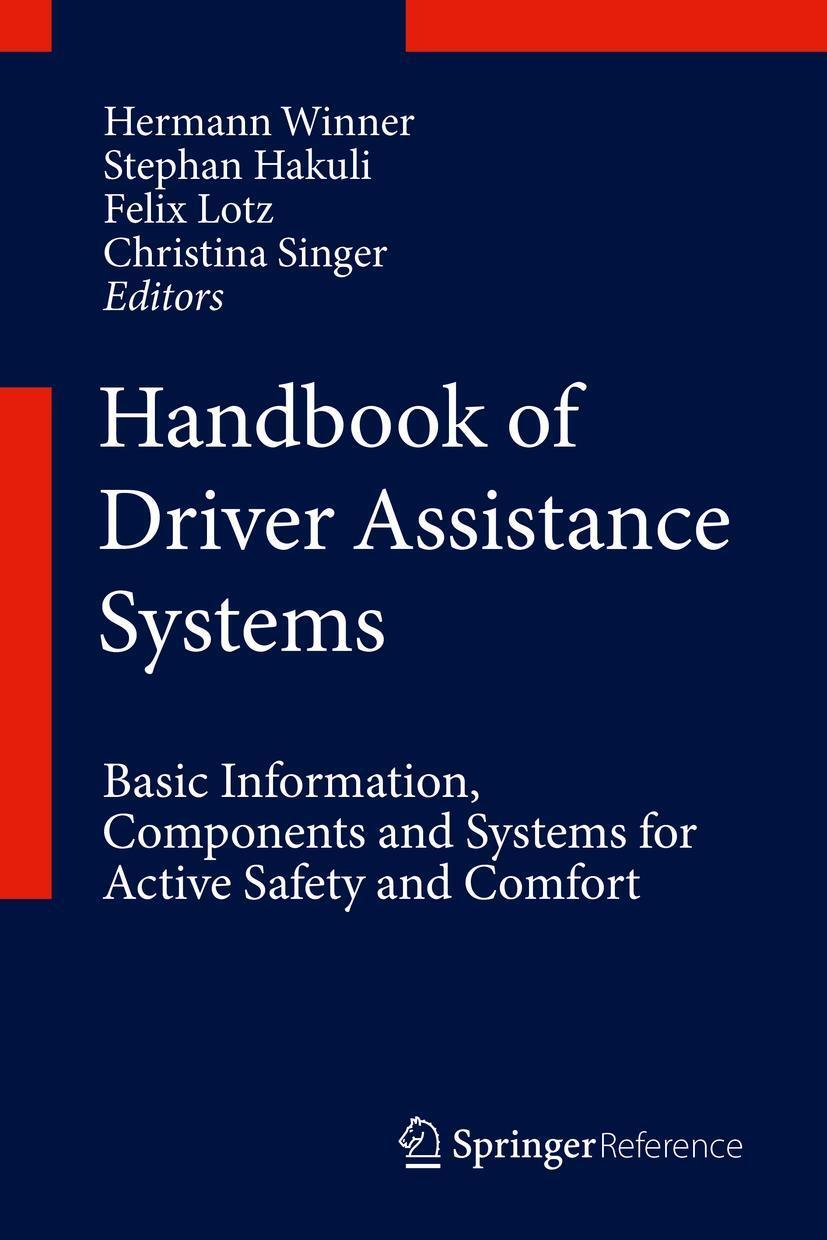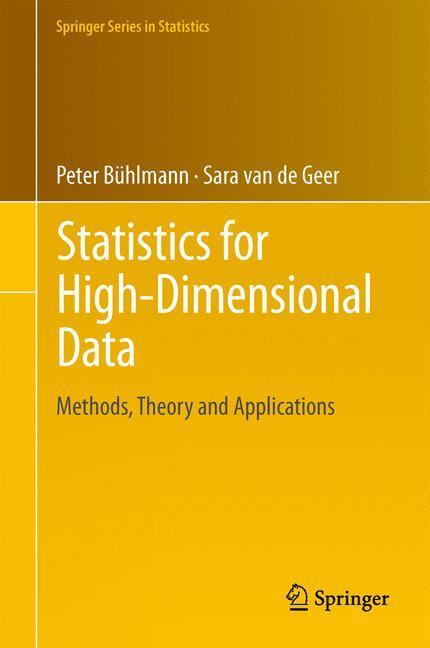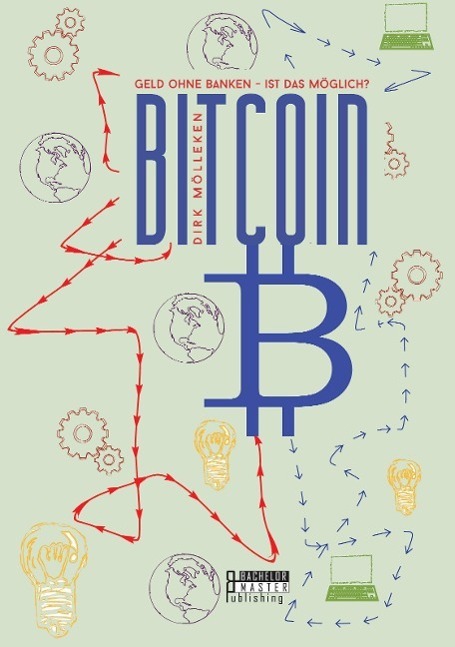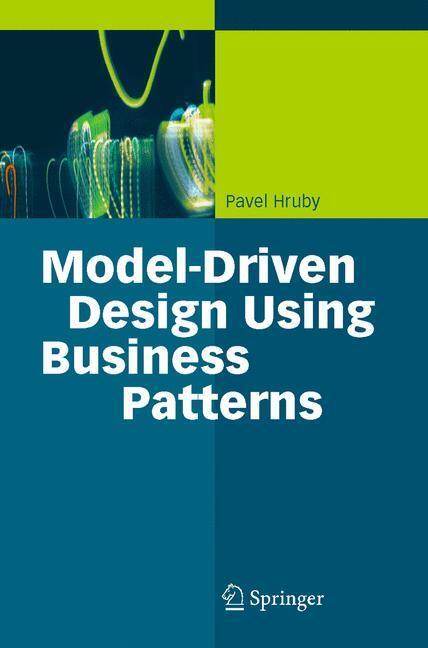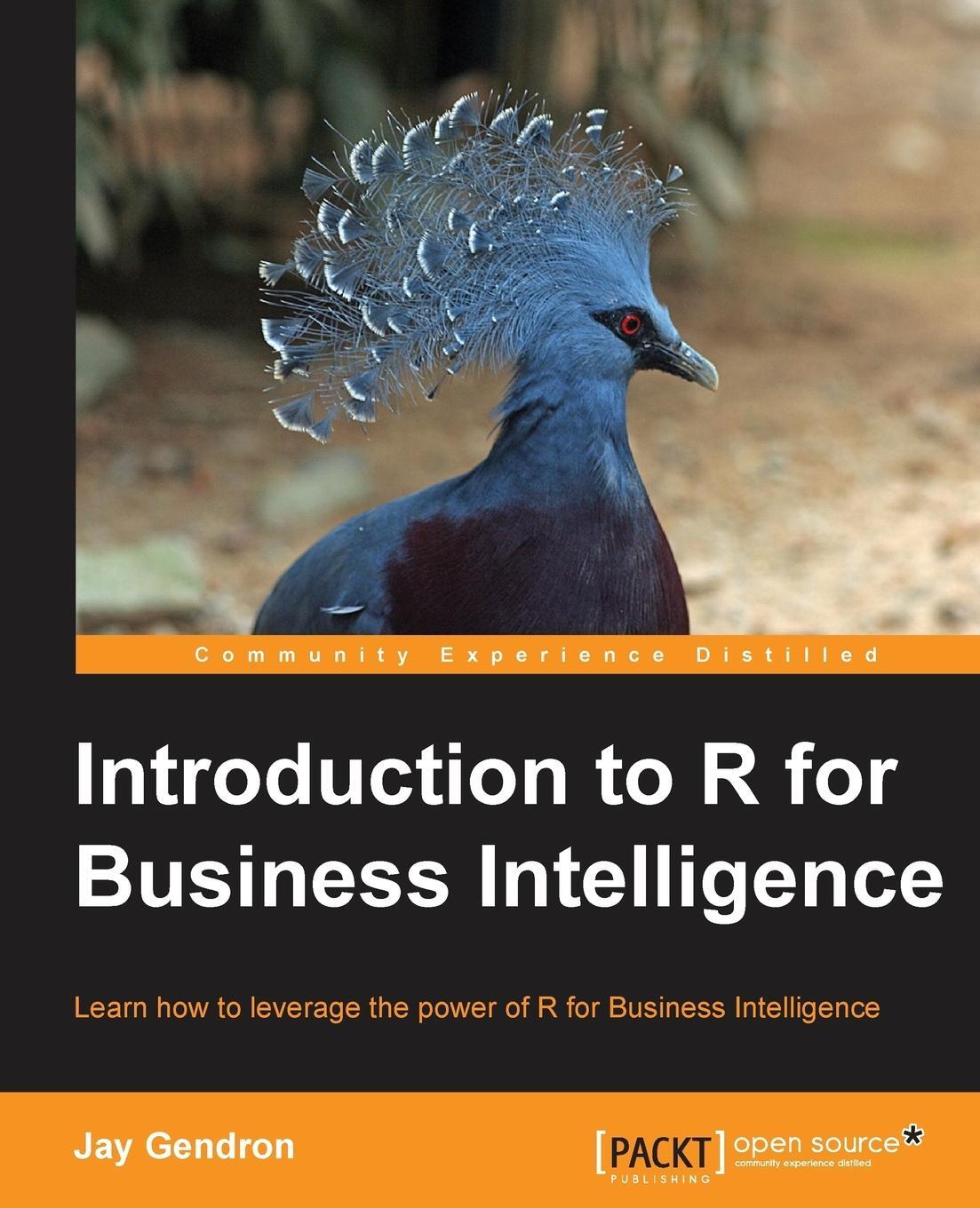98,50 €*
Versandkostenfrei per Post / DHL
Aktuell nicht verfügbar
Part I: Foundations of affective sciences 1. Emotions and Affect in Human Factors and Human-Computer Interaction: Taxonomy, Theories, Approaches, and Methods 2. Neural Mechanisms of Emotions and Affect 3. Mood Effects on Cognition: Affective Influences on the Content and Process of Information Processing and Behavior 4. Cross-Cultural Similarities and Differences in Affective Processing and Expression 5. On the Moral Implications and Restrictions Surrounding Affective Computing
Part II: Frameworks of affective sciences in human factors and human-computer interaction 6. Design and Emotional Experience 7. From Ergonomics to Hedonomics: Trends in Human Factors and Technology-The Role of Hedonomics Revisited 8. An Approach Through Kansei Science 9. Affective Computing: Historical Foundations, Current Applications, and Future Trends
Part III: Methodologies: introduction and evaluation of techniques 10. Affect/Emotion Induction Methods 11. Affect Measurement: A Roadmap Through Approaches, Technologies, and Data Analysis 12. The Role of Registration and Representation in Facial Affect Analysis 13. On Computational Models of Emotion Regulation and Their Applications Within HCI
Part IV: Applications: case studies and applied examples 14. Evolution of Emotion Driven Design 15. Affective Human-Robot Interaction 16. Computational Modeling of Cognition-Emotion Interactions: Theoretical and Practical Relevance for Behavioral Healthcare 17. Emotions in Driving
Part V: Emerging areas 18. Positive Technology, Computing, and Design: Shaping a Future in Which Technology Promotes Psychological Well-Being 19. Subliminal Perception or "Can We Perceive and Be Influenced by Stimuli That Do Not Reach Us on a Conscious Level?" 20. Physiological Computing and Intelligent Adaptation 21. Aesthetic Computing
| Erscheinungsjahr: | 2017 |
|---|---|
| Genre: | Informatik |
| Rubrik: | Naturwissenschaften & Technik |
| Medium: | Buch |
| Seiten: | 624 |
| ISBN-13: | 9780128018514 |
| ISBN-10: | 0128018518 |
| Sprache: | Englisch |
| Einband: | Gebunden |
| Redaktion: | Jeon, Myounghoon |
| Hersteller: | Elsevier Science Publishing Co Inc |
| Maße: | 236 x 159 x 38 mm |
| Von/Mit: | Myounghoon Jeon |
| Erscheinungsdatum: | 05.04.2017 |
| Gewicht: | 1,081 kg |
Part I: Foundations of affective sciences 1. Emotions and Affect in Human Factors and Human-Computer Interaction: Taxonomy, Theories, Approaches, and Methods 2. Neural Mechanisms of Emotions and Affect 3. Mood Effects on Cognition: Affective Influences on the Content and Process of Information Processing and Behavior 4. Cross-Cultural Similarities and Differences in Affective Processing and Expression 5. On the Moral Implications and Restrictions Surrounding Affective Computing
Part II: Frameworks of affective sciences in human factors and human-computer interaction 6. Design and Emotional Experience 7. From Ergonomics to Hedonomics: Trends in Human Factors and Technology-The Role of Hedonomics Revisited 8. An Approach Through Kansei Science 9. Affective Computing: Historical Foundations, Current Applications, and Future Trends
Part III: Methodologies: introduction and evaluation of techniques 10. Affect/Emotion Induction Methods 11. Affect Measurement: A Roadmap Through Approaches, Technologies, and Data Analysis 12. The Role of Registration and Representation in Facial Affect Analysis 13. On Computational Models of Emotion Regulation and Their Applications Within HCI
Part IV: Applications: case studies and applied examples 14. Evolution of Emotion Driven Design 15. Affective Human-Robot Interaction 16. Computational Modeling of Cognition-Emotion Interactions: Theoretical and Practical Relevance for Behavioral Healthcare 17. Emotions in Driving
Part V: Emerging areas 18. Positive Technology, Computing, and Design: Shaping a Future in Which Technology Promotes Psychological Well-Being 19. Subliminal Perception or "Can We Perceive and Be Influenced by Stimuli That Do Not Reach Us on a Conscious Level?" 20. Physiological Computing and Intelligent Adaptation 21. Aesthetic Computing
| Erscheinungsjahr: | 2017 |
|---|---|
| Genre: | Informatik |
| Rubrik: | Naturwissenschaften & Technik |
| Medium: | Buch |
| Seiten: | 624 |
| ISBN-13: | 9780128018514 |
| ISBN-10: | 0128018518 |
| Sprache: | Englisch |
| Einband: | Gebunden |
| Redaktion: | Jeon, Myounghoon |
| Hersteller: | Elsevier Science Publishing Co Inc |
| Maße: | 236 x 159 x 38 mm |
| Von/Mit: | Myounghoon Jeon |
| Erscheinungsdatum: | 05.04.2017 |
| Gewicht: | 1,081 kg |

